Finding the correct information
keilamarie
18 years ago
Related Stories
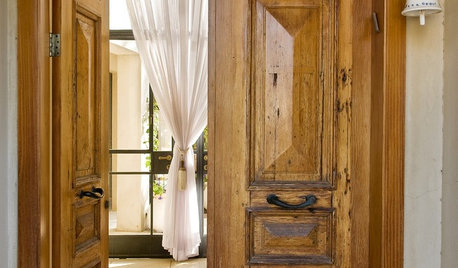
DECORATING GUIDESQuick Fix: Correct Squeaky Floors and Sticky Doors
An Atlanta contractor shares his secret solutions to two common household annoyances
Full Story
WALL TREATMENTSTempted to Try Wallpaper? 10 Tips for Finding the Right Pattern
Before you lay down a lot of cash, sit down with this advice for getting a wallpaper you’ll love for years
Full Story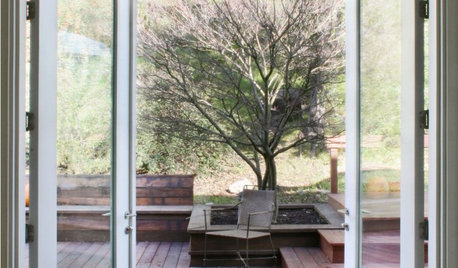
MOST POPULARFind the Right Glass Door for Your Patio
It’s more than just a patio door — it’s an architectural design element. Here’s help for finding the right one for your home and lifestyle
Full Story
DECORATING GUIDES12 Antique Store Finds to Nab Now, Place Later
See the accessories one decorator always buys when she spots them — as long as she gets there first
Full Story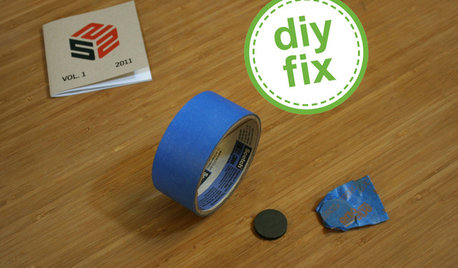
DECORATING GUIDESQuick Fix: Find Wall Studs Without an Expensive Stud Finder
See how to find hidden wall studs with this ridiculously easy trick
Full Story
KITCHEN APPLIANCESFind the Right Cooktop for Your Kitchen
For a kitchen setup with sizzle, deciding between gas and electric is only the first hurdle. This guide can help
Full Story
GREEN BUILDINGHow to Start Finding a Greener House
On the hunt for a more ecofriendly house? Here are the questions to ask and research to do
Full Story
WALL TREATMENTSCan't Find the Right Wallpaper? Make Your Own
For one-of-a-kind walls, just use your imagination. Custom wallpaper is easier and less expensive than you might expect
Full Story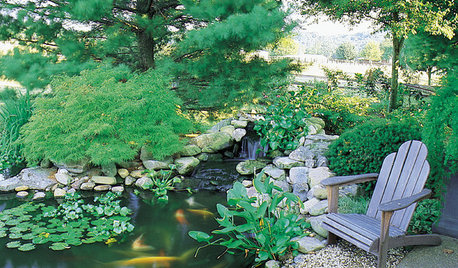
LANDSCAPE DESIGNKoi Find Friendly Shores in Any Garden Style
A pond full of colorful koi can be a delightful addition to just about any landscape or garden
Full Story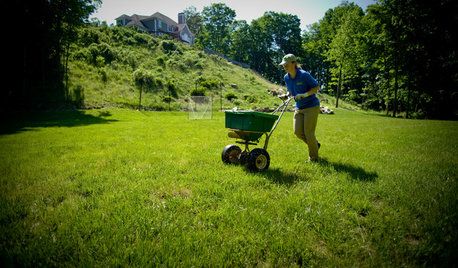
LANDSCAPE DESIGNHow to Find and Hire a Great Landscape Contractor
Get your landscape project built on time and on budget by hiring a quality professional
Full StorySponsored
Central Ohio's Trusted Home Remodeler Specializing in Kitchens & Baths
More Discussions






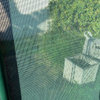
gardener_sandy
gardengal48 (PNW Z8/9)
Related Professionals
Allentown Landscape Architects & Landscape Designers · New Bedford Landscape Architects & Landscape Designers · Surprise Landscape Architects & Landscape Designers · Kerman Landscape Contractors · North Potomac Landscape Contractors · Winchester Landscape Contractors · Arizona City General Contractors · Bellingham General Contractors · Broadview Heights General Contractors · Fort Salonga General Contractors · Jericho General Contractors · Meadville General Contractors · South Windsor General Contractors · Westerly General Contractors · Madison Siding & ExteriorskeilamarieOriginal Author
roadtrip
leaveswave
CarolnWbg
leaveswave